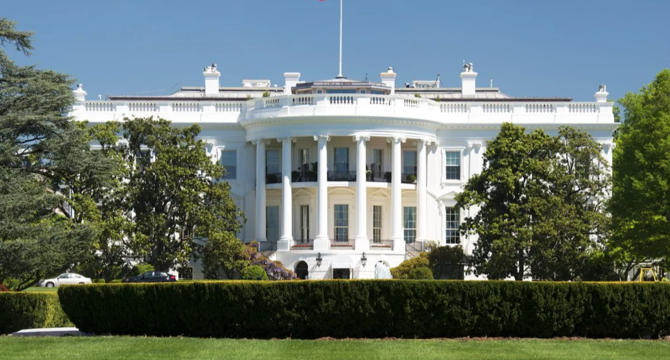Pymnts
2w
65

Image Credit: Pymnts
What Amazon, Meta, Uber, Anthropic and Others Want in the US AI Action Plan
- Various tech giants, startups, and companies like Amazon, Meta, Uber, Anthropic, Microsoft, Mistral AI, CrowdStrike, and JPMorgan Chase have shared their perspectives on U.S. AI regulation and growth.
- Amazon advocates for energy infrastructure investments, global AI leadership, workforce education in AI, and AI adoption in government agencies.
- Anthropic calls for AI threat testing, chip export controls, energy focus for AI, and monitoring economic impacts of AI.
- Meta highlights the importance of open-source AI models, fair use clarity, federal agency adoption of open models, and warns against stifling innovation with state rules.
- Microsoft emphasizes enhancing computational and energy resources, accessing high-quality data, promoting trust and security, and upskilling the workforce for an AI-driven economy.
- Mistral AI supports open-source innovation, advocates against monopolies, promotes global chip trade, and encourages global AI cooperation.
- Uber stresses the importance of avoiding overregulation on low-risk AI, eliminating patchwork state rules, using existing laws, and adopting a risk-based framework for AI regulations.
- CrowdStrike focuses on AI for cybersecurity, urges AI regulation that doesn't hinder innovation, and emphasizes protecting AI systems and training data.
- JPMorgan Chase calls for greater AI governance, suggests using existing frameworks, sector-specific AI regulation, leveling the playing field for non-banks, and unifying federal and state regulation.
- Overall, these companies aim to shape U.S. AI policy by advocating for infrastructure investments, open innovation, regulatory consistency, and workforce development to drive AI growth.
- Their recommendations focus on areas like energy, chip controls, open-source models, workforce education, cybersecurity, and harmonizing regulatory frameworks across federal and state levels.
Read Full Article
3 Likes
For uninterrupted reading, download the app